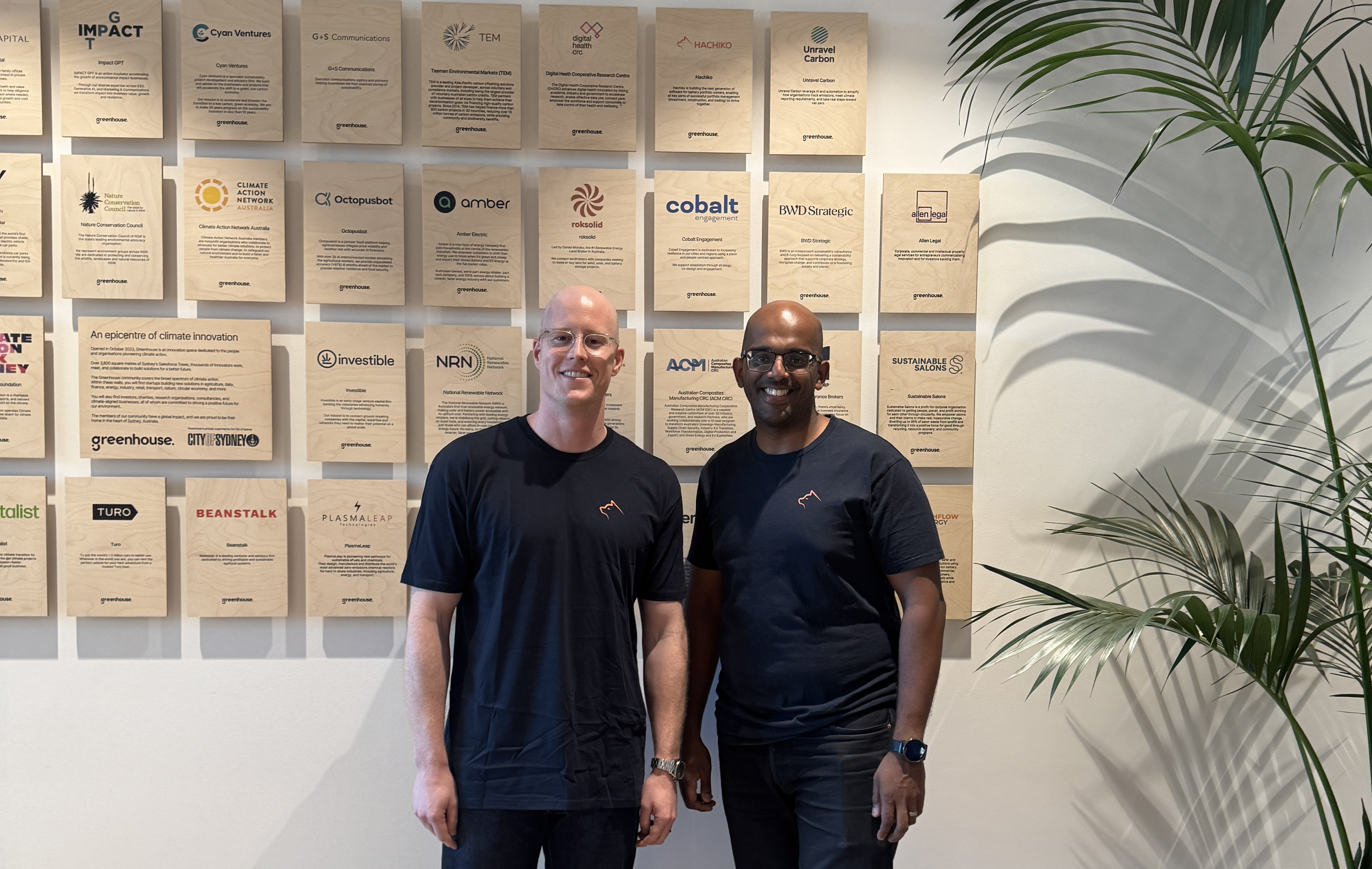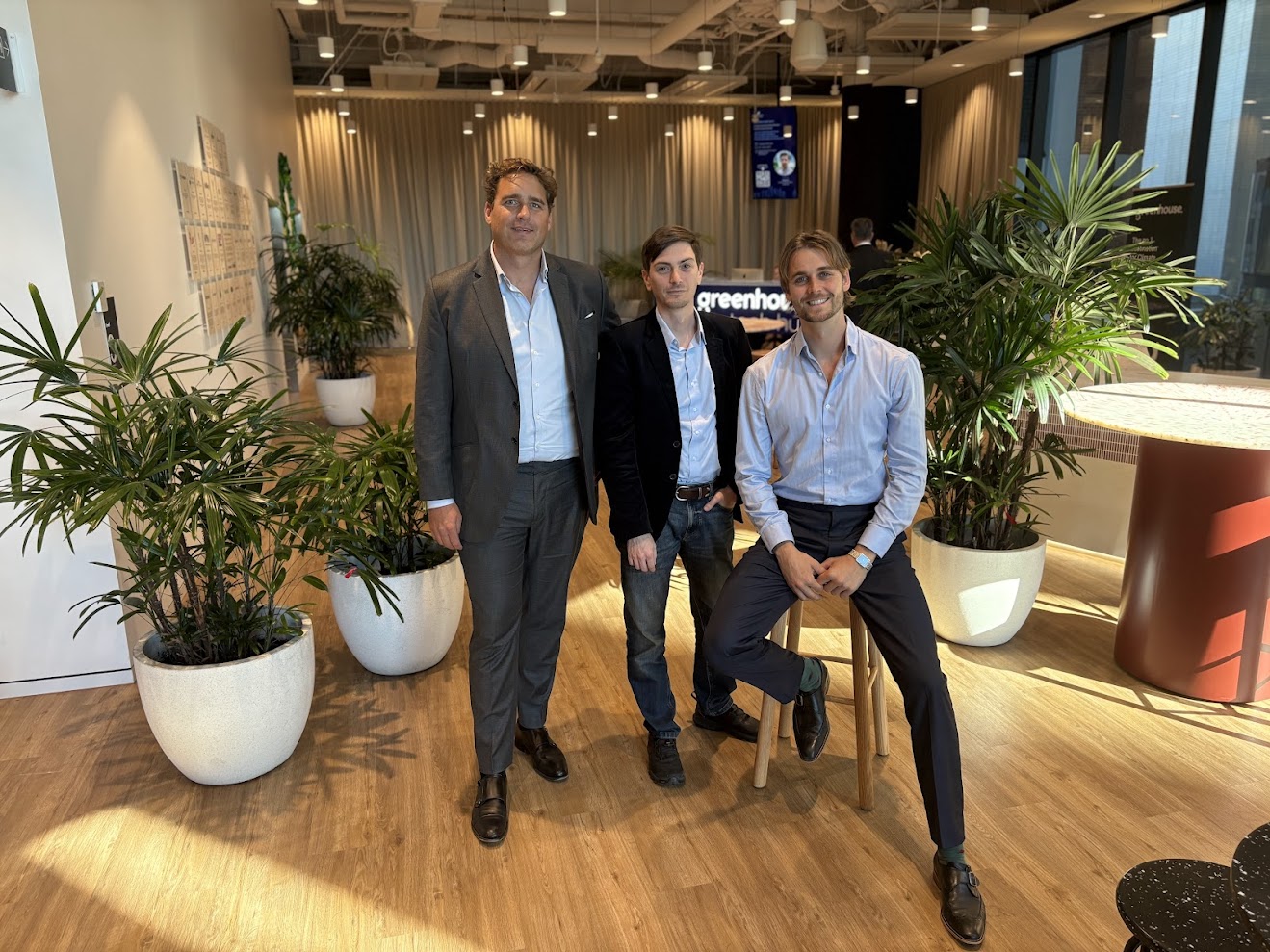
We’ve also seen the traditional media having a bit of fun at the expense of VC and PE firms with some dated (but still pretty funny) stereotypes.
I like proxies that are easy to understand. While VC is different to (all) other asset classes, the investment concepts are broadly similar. In this case, here’s a proxy question:
Would you sell your home if you didn’t have to, even if the market dropped? Or would you wait until the market recovered?
The core concept to consider behind this market correction is therefore one of long-term value creation. This is also our role to navigate, as responsible stewards of investor capital.
No Pain No Gain
Don’t get me wrong, market dislocations are difficult and painful, whenever and wherever they occur. This is doubly true for founders, bombarded with the aforementioned headlines and the emotions they evoke as they tackle the challenges of moving their businesses forward.
If you cast your mind back to the past year, a week couldn’t go by without a new VC manager announcing their new Fund in the AFR, often backed by prominent and successful founders or high-profile investors. At Investible this was the cause of much discussion, including whether it signalled the top of the market.
Nobody can predict these things, but we must weather them just the same. Many tech giants were built during downtimes and emerging industry leaders are being built right here and now.
Some of the loudest voices in moments like these are those with limited insight into the alternatives asset class—where VC resides—or a vested interest in where capital flows.
What are the drivers of value for VC?
As a market contracts, the factors which drive value become clear. As Warren Buffett famously quipped, “Only when the tide goes out do you discover who's been swimming naked”.
For VCs, particularly with this correction, these drivers are very clear:
- Valuations that reflect current market conditions and the ability of the founders to meet forecasts;
- Demonstrating (and delivering) a clear pathway to profitability and appropriate expense management while walking this path;
- Disciplined sales processes, particularly B2B sales, to maintain conversion rates, lower customer acquisition costs and reduce churn;
- Managing talent to attract and retain the best people - in some ways made easier in a correction as some downsizing in VC backed businesses is very common;
- A focus on team and founder wellbeing to support through difficult times.
These drivers of value are important factors in determining whether companies will be included in the Investible portfolio.
We also make sure that each company is managing risks and their cash runway, with a plan aligned to business performance for raising further capital in mind.
Playing the long game responsibly
Investing boils down to what you believe; how you translate these beliefs into action to deliver results; and holding yourself accountable to the process so you’re always true to label.
In terms of asset class exposure for investors, we believe that all investors should have early-stage tech as part of their overall investment portfolio, as it delivers long-term growth and diversification benefits. However, and the market correction has illustrated this clearly, key to gaining this exposure is managing risks around liquidity and capital value to justify the risk premium.
Within the early-stage tech VC asset class, we believe investors should gain access via a Fund. This provides risk management via diversification in terms of sector, geography, and number of companies.
A final word of advice, and my commitment to our investors: Stay close to your fund manager. It is our responsibility to keep you informed and focused on helping you meet your goals. We think early-stage tech investing is an amazing opportunity and want to ensure all of our investors and partners understand the benefits and risks of investing in the space.
To that end, our door is always open, and we’d love to hear from you.





